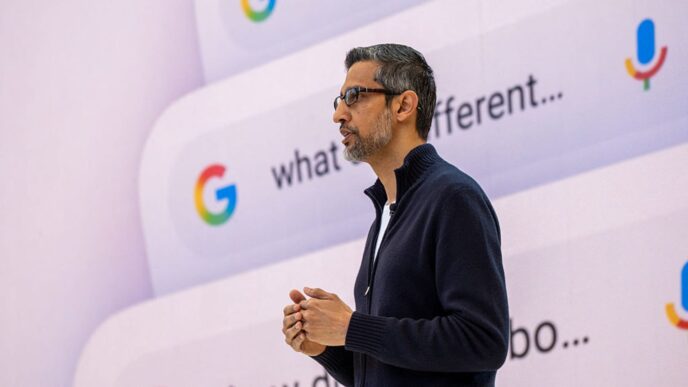Anthropic and Meta scored big wins in the copyright fight over AI training data last week.
A US judge ruled that Anthropic’s use of millions of books to train its Claude chatbot didn’t violate copyright. The judge likened it to “a reader aspiring to be a writer.”
The very next day, another US district judge tossed out an authors’ claim that Meta’s AI would flood the market with derivative work, ruling there wasn’t enough proof of market harm.
But the legal battle isn’t over. A separate group of writers separately sued Microsoft, accusing its Megatron text AI of copyright infringement. Given the recent rulings favoring Meta and Anthropic, these authors face an uphill struggle.
Meanwhile, lawsuits against AI image and music generators continue. Disney and NBCUniversal sued Midjourney over unauthorized use of their characters. The top record labels are suing AI music companies Suno and Udio. And the New York Times is still suing OpenAI and Microsoft over AI-generated text.
Copyright battles swing by media type. Trademark lawyer John Strand says fair use analysis “will certainly change” for text, images, video, and audio. Image cases look tougher for AI companies because models allegedly produce near-identical copyrighted images.
A dark detail from the Anthropic case: the company pirated and stored 7 million print books before scanning and destroying them to build its training database. Ars Technica reports Anthropic literally bought physical copies, digitized them, then trashed the books to sidestep copyright issues.
John Strand, trademark and copyright attorney at Wolf Greenfield, said:
“The specific media involved in the lawsuit – written works versus images versus videos versus audio – will certainly change the fair-use analysis in each case.”
“The impact on the market for the copyrighted works is becoming a key factor in the fair-use analysis, and the market for books is different than that for movies.”
On the content regulation front, the US Supreme Court just greenlit Texas’s online age verification law, a big win for states pushing stricter controls on adult content.
Justice Clarence Thomas wrote in the 6-3 majority decision:
“HB 1181 simply requires adults to verify their age before they can access speech that is obscene to children,” Thomas wrote.
“The statute advances the state’s important interest in shielding children from sexually explicit content. And, it is appropriately tailored because it permits users to verify their ages through the established methods of providing government-issued identification and sharing transactional data.”
Pornhub has blocked Texas residents for almost two years in protest. The ruling signals a shift towards stricter content limits online, with experts warning it might also curb access to sexual health and LGBTQ+ content.
On the AI product side, Meta will soon roll out AI-generated summaries of unread WhatsApp messages. Apple tried similar message summaries but pulled the feature due to poor uptake. Meta is pushing ahead, betting consistent AI rollout will pay off.
Google’s DeepMind launched AlphaGenome, an AI that predicts how DNA mutations affect gene regulation. Created by Nobel laureates behind AlphaFold, this tool aims to solve key genetic mysteries tied to CRISPR and beyond.
The AI copyright war is heating up, state content laws are tightening, and major AI products keep launching. The push-pull over AI’s impact on media, speech, and tech innovation isn’t slowing anytime soon.














